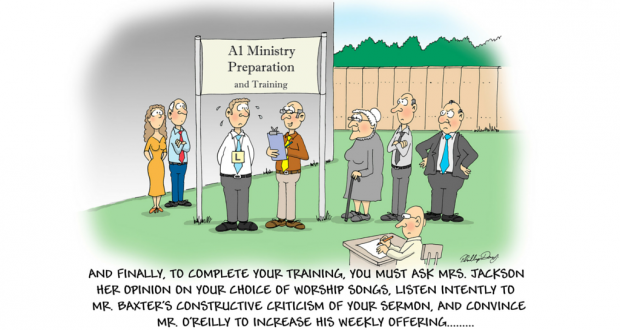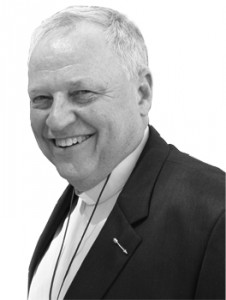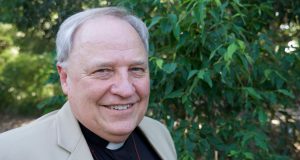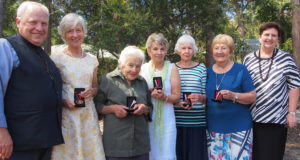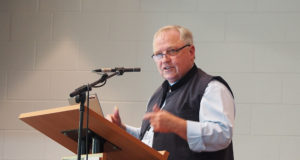“Preparation for married life begins the day you are born.”
It was one of those new thoughts that made such common sense that as a 34-year-old, I wondered why I hadn’t thought of it before. I still remember the time and place it was said 23 years later! We learn what married life is about by observing and modelling.
The members of the last Synod in Session asked the church to think about formation—how ministers of the gospel are being formed. That’s a critical question for our theological colleges, one they wrestle with constantly. We are in a world that asks for the capacity in Christians to make the gospel intelligible and defendable in the marketplace of ideas. Our ministers need to be able to do that; they also need to be able to resource the church to do that. So formation is also a critical question for ministers, church councils, youth workers, and communities that are called together around word and sacrament.
If preparation for married life begins the day you are born, then preparation for ministry, the ministry of the whole people of God in the ways of the kingdom, begins at baptism.
When I meet with parents who are seeking baptism for their children, I feel I have to confront the idea that says, “Let them make their own choice”. It’s a dominant thought pattern in our society, but we have to be clear: Coca-Cola has a plan for our children. Toyota has a plan. McDonald’s has a plan. Facebook has a plan. Great big billion dollar organisations have plans for our children; if we decide to leave life up to them, to which forces are we subjecting them, unprepared?
That young people will make up their own minds about life, the universe and their place in it is patently obvious; the question for those who care for them is how are we preparing them for that? How are our communities of faith shaping and forming people in the ways of the kingdom, that they may discern the difference between what is life-giving and what is not?
As for marriage, so for Christian formation. We learn it by observing, experiencing and modelling so much more than by being told!
So, how are the agenda of congregational meetings and church councils reflecting this? How much is this worked on in home fellowship groups? How are families supported in their life and work by our faith communities? What discipleship are we demonstrating?
Rev David Baker
Moderator, Queensland Synod
 JourneyOnline
JourneyOnline
